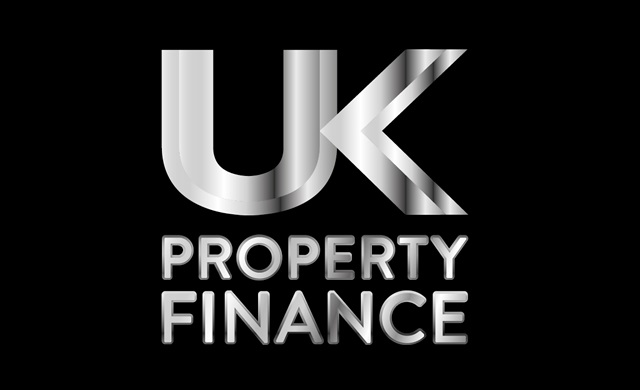Property Development: What Exactly Does It Mean?
Leicester, United Kingdom - 02-15-2023 (PR Distribution™) - 
Specialist property development finance is available in a broad range of forms from many mainstream and independent sources. But what exactly does ‘property development’ mean in this particular context?
Far from a single type of project, ‘property development’ refers to an extensive and diverse category of projects involving the construction or improvement of all different types of properties. Some property developers construct new buildings from scratch, while others renovate or repurpose existing properties.
Just a few of the most common types of property development projects undertaken by investors in the UK are as follows:
- Flipping – This is where homes and commercial properties are purchased, improved and sold on within a short space of time, in order to generate quick profits for the investor.
- Refurbishments – Commercial and residential properties in a poor state of repair are purchased and extensively renovated, in order to then be sold on or let out to tenants.
- Conversion – Investors often set their sights on profitable property conversion opportunities, such as when an old office block or industrial unit is converted into multiple residential dwellings.
- Ground Up – This is where new buildings are constructed from scratch, either on bare land or having first demolished and removed existing structures.
In all instances, the ultimate goal is always the same – to generate the best possible ROI. Something that calls for not only a strategic approach to the project itself, but the insights and support needed to find the right funding solution.
What is Property Development Finance?
The term ‘property development finance’ refers to any type of funding issued for the purpose of constructing, renovating, improving, or developing properties of any kind. Each of which has its own pros and cons that need to be considered, which should be discussed with an experienced broker ahead of time.
Examples of development finance products issued by mainstream and specialist lenders in the UK include the following:
1. Commercial mortgages – This is a product that works in a similar way to a conventional mortgage, though is issued for the purchase of a commercial property. Deposits are typically higher than those of residential mortgages (around 30%), and the average APR on a commercial mortgage will also be slightly higher.
2. Bridging loans – Bridging finance is a specialist short-term secured loan, which can be arranged within a few working days and is typically repaid within 12 months. The funds are secured against assets of value (usually commercial or residential property) and interest accrues at a monthly rate as low as 0.5%. There are tools such as a bridging loan calculator which will demonstrate every small cost of a bridging loan, allowing you to see where every penny goes.
3. Mezzanine finance – Mezzanine finance is issued as something of a ‘top up’ loan, making it possible for developers and investors to cover up to 100% of total project costs without using their own capital.
4. Development finance – Specialist development finance works in a similar way to bridging finance, but is available exclusively to established and experienced developers. Rather than being issued as a single lump sum, a development finance loan is transferred over a series of instalments, tied to the completion of major project phases.
5. Auction finance – Short-term auction finance products are designed specifically to provide investors and developers with the fast-access funding they need to purchase properties at auction. Where a successful bid on a property is placed, the buyer typically has just 28 days to pay the full outstanding balance.
6. Second-charge loans – Developers and investors often seek to secure multiple loans against a single property or development. A second-charge loan can be taken out against equity built up in a property, even while the first-charge loan (like a mortgage) is still being repaid.
Media Contacts:
Company Name: UK Property Finance
Full Name: Gary Latham
Phone: 0116 464 5544
Email Address: Send Email
Website: https://ukpropertyfinance.co.uk
For the original news story, please visit https://www.prdistribution.com/news/property-development-what-exactly-does-it-mean/9545296.
More News
View More




Recent Quotes
View MoreQuotes delayed at least 20 minutes.
By accessing this page, you agree to the Privacy Policy and Terms Of Service.